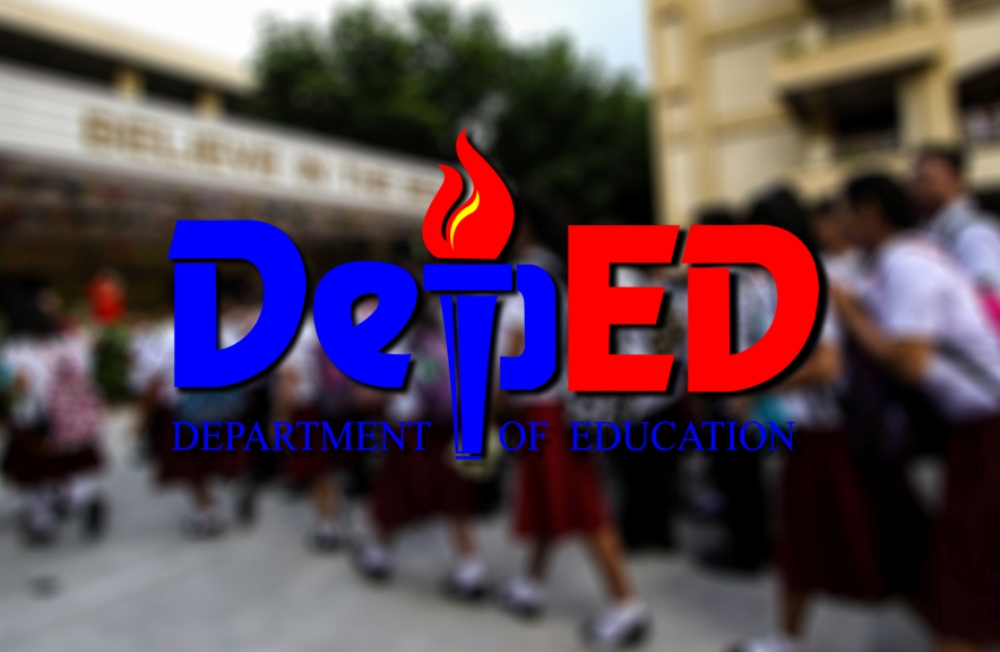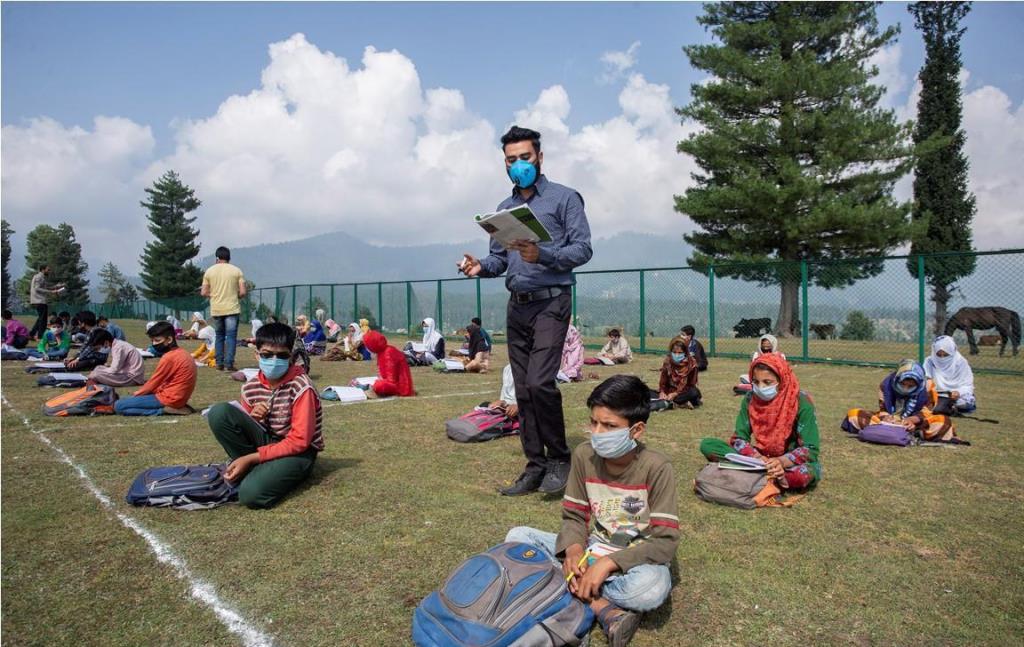The importance of ATAR has been questioned for quite some time now. However, with COVID-19 disrupting the entire education landscape and giving educators the long-awaited time to reassess what is valid and what is not, it may just be the beginning of its end.
For those who are still in the dark, ATAR or the Australian Tertiary Admissions Rank is a university entrance tool that determines the chances of a student’s entry into university. Put simply, an individual’s ATAR score is the number of students he or she beats to get ahead in the higher school race. Universities use this score to decide on who gets the limited available university positions and who doesn’t.
ATAR fails to highlight overall student development
However, a recent accredited report attempts to obliterate the importance of ATAR by launching a ‘learner profile’ that puts more focus on designing a portfolio of skills and expertise earned over the course of 13 years instead of stressing over boosting the ATAR score.
A learner profile challenges the importance of ATAR by focussing on extra-curricular achievements or non-academic experiences such as unpaid internships, charity or voluntary work, sports initiatives, and arts. It would also elaborate on a student’s overall personality development by highlighting team spirit, problem-solving, and decision-making capabilities.
Call for learner profile undermines the importance of ATAR
The review board’s chairman, Professor Shergold, stresses on the fact that there is a greater need for improving the standard of career coaching offered to the younger generation now more than ever. With the COVID-19 crisis looming over us, there is uncertainty in terms of what skills will be of relevance in changing times and who needs upskilling or reskilling – an aspect that ATAR has paid little to no attention so far.
Given that the importance of ATAR is much overplayed over the years, students often choose more straightforward or inapt subjects only to inflate their scores. The concept in itself encourages students to select HSC or VCE subjects based on how good their chances are at scoring well and not paying heed to whether or not they have the required aptitude for it.
A learner profile, on the other hand, prioritizes imparting those qualities that lead to the highest development – mentally, spiritually, physically, emotionally, and socially. It is essentially a digital education passport that evolves as students continue to reach their goals in all spheres of life.
COVID magnifies ineptness in career coaching
Moreover, at a time when information is one click away, the role of the career counselors must evolve too. While we do realize the sweeping impact of this health crisis on our lives, what might it mean for the future of education, and more importantly, in terms of job prospects? Now is an excellent time to put things into perspective and lay the foundation for sustainable careers.
Further questioning the importance of ATAR is the existing career counseling program that does not address the challenges of tomorrow. What it needs is better data collection from schools and other educational institutes, which throw a light on why students choose to drop out of higher education, despite getting to study the subject of their own choice. Clearly, there is a loophole, and the ATAR is doing little to come to grips with it.
Learner profile: Framework for child development
Meanwhile, Viv White, who is the chief executive of Big Picture Australia, an entity that aims to bring upon revolutionary changes in the public education system in Australia, and Jenine Smith, president of the Careers Advisors Association of NSW, back Shergold’s call for learner profile to meet the needs of young people.
Children today have varying needs. Not everyone is cut out for the higher education system, and the exposure and the opportunities offered by schools make a significant difference in how their careers shape up. Thus, the importance of ATAR must be limited to those intending university entry and not be the sole determinant of a child’s competence.
COVID-19 is changing education’s bad habits
As creatures of habit, these enforced lockdowns have made us see corruption and ineptitude in the education system. COVID-19 has forced the world to change education habits. The actual purpose of education and how we can ensure a better outcome – these are all forced out into the open for reevaluation as time is short and precious.
There is something about fear of decimation of races which makes us all collaborate as a network. Governments and big businesses are rallying around the idea that now is the time to change. Blockchain can only achieve success with mass adoption and this is what the world needs right now. Every government must get together with its education heads to make a friend of technology, not fear it.
When this happens, education will take a huge step forward and become far more inclusive rather than taking a step sideways and only allowing privileged students to access the new online educational systems. Consider this is the time to radically change a system that has had very little change over the past 300 years. With everything in a standstill, now is the time to make a move,







